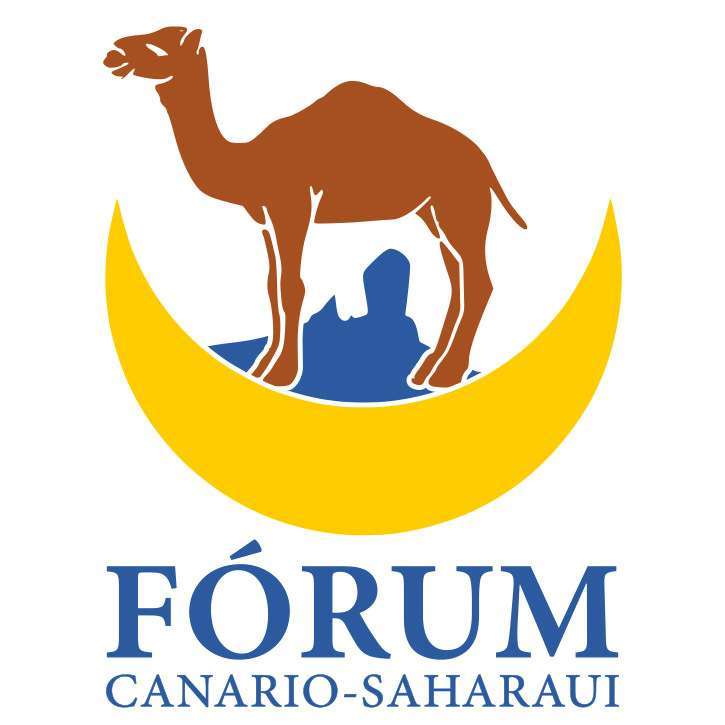Moroccan Autonomy proposal well-received at the World Social Forum 2022 in Mexico

With a large Spanish representation during the events held at this important international event, and a notable public attendance, various conferences and debate workshops have been held this week in Mexico City with different approaches, with the aim of analysing and evaluating the Autonomy Plan proposed by Morocco, whose aim is to put an end to this lamentable dispute that has been going on for half a century.
The first roundtables debated the autonomous solution for the Sahara from an interdisciplinary perspective, with various themes such as "Self-determination through a system of regional autonomy", "The culture of peace in autonomous environments" and "The role of autonomy for sustainable development". These events were attended by a working group with speakers who were experts in the different subjects from Morocco and its Southern Provinces, Spain, as well as from different Latin American countries.

After this first block of conferences, the human rights theme was followed by round tables entitled "The Moroccan experience of transitional justice" and "Human rights in the Tindouf camps: a look at an invisible situation".
On the Spanish side, Ignacio Ortiz, vice-president of the Saharawi Canarian Forum, took part, who in addition to praising the Spanish government's recent change of position on this issue by supporting the solution of autonomy for the region, also spoke of the need to continue on the path towards this autonomy within the framework of the sustainable development of the Sahara, its economic potential and, therefore, the options for prosperity that would open up for the population living in Tindouf in the event of a hypothetical return and family reunification in the territory. On the other hand, in his intervention during the conference related to human rights in the Tindouf camps, he gave a chronological overview since 1975, through the study of various cases, of this terrible and invisible problem that has persisted for decades in the Algerian camps, perpetrated by the Polisario leadership with total impunity and absence of external monitoring and criminal responsibilities.

Likewise, Pedro I. Altamirano, president of the Organisation for Spanish-Moroccan Cooperation Tariq Ibn Ziad, stressed in his speech that the autonomous solution is not only to seek a solution to an entrenched problem such as the one at hand, but to do justice and respect the rights of self-determination of the indigenous tribes of the Southern Provinces, in a clear allusion to the indigenous rights charter in independent countries of the International Labour Organisation and the UN when it comes to respecting indigenous customs. For Altamirano, the Moroccan Saharawis have been clearly self-determining for centuries through the B'aya or oaths of allegiance to the sultans and kings of Morocco.
Finally, Rafael Guerrero, a Spanish political scientist and journalist, reviewed the background to the problem of decolonisation, with reflections on the success of the autonomous model in Spain as a means of coexistence and development in comparative perspective with the case of the Sahara.

Other participating organisations to highlight were the International Network for Peace and Sustainable Development, the Centre of Common Memory for Democracy and Peace, the Green Justice Foundation, and the Centre for Strategic Thinking and the Defence of Democracy in Laayoune. The cycle of conferences ends with the last event under the title "Management of natural resources and renewable energy projects in Western Sahara: The impact on the local population".
Finally, it should be noted that this World Social Forum is held under the slogan "Another world is possible" and aims to review the achievements and challenges surrounding globalisation and its repercussions, in addition to getting to know the civil society organisations active in different parts of the world and what issues they adopt, as it is considered to be the main world forum that brings together NGOs and social movements as an open, plural, diverse, non-governmental and non-partisan space to encourage debate, reflection and construction. All of this through the review of their successful experiences in the field, with the aim of formulating recommendations towards a more supportive, democratic and just world.

